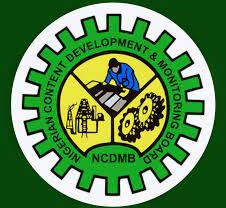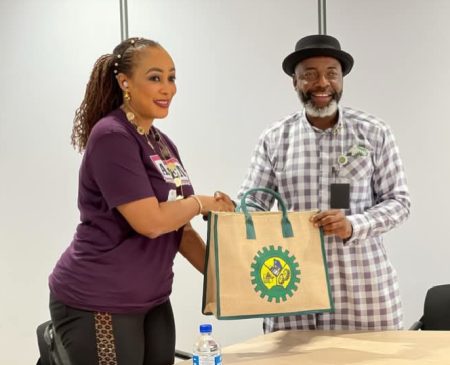 11 March 2013, Sweetcrude, Lagos – Recently, at a cocktail I attended, I was asked about my ideas of how best to resolve the issue of the delayed passage of the PIB and I had to wonder what year I was in. I remember answering the same question over 5 years ago. I also remembered a similar discussion at a session with Dr. Emmanuel Egbogah at NOG a few years back when he delivered an assuring speech that the bill would be passed in the next few weeks or months. The bill started off on the premise that if it is designed to ensure that fundamental issues such as funding limitations and operations inefficiencies are tackled it would be a widely accepted and internationally acclaimed feat. I think that what we now have may be very far from what we set out to have.
11 March 2013, Sweetcrude, Lagos – Recently, at a cocktail I attended, I was asked about my ideas of how best to resolve the issue of the delayed passage of the PIB and I had to wonder what year I was in. I remember answering the same question over 5 years ago. I also remembered a similar discussion at a session with Dr. Emmanuel Egbogah at NOG a few years back when he delivered an assuring speech that the bill would be passed in the next few weeks or months. The bill started off on the premise that if it is designed to ensure that fundamental issues such as funding limitations and operations inefficiencies are tackled it would be a widely accepted and internationally acclaimed feat. I think that what we now have may be very far from what we set out to have.
Whilst we can all agree that government’s focus on restructuring the industry through PIB was timely when Rilwanu Lukman was the Minister of Petroleum (18 December 2008 – 17 March 2010), I am not sure that the statement is appropriate in 2013. Passage of the Bill is long overdue. I am embarrassed to be a Nigerian on this score. To think that the House spokesman on the passage of the bill is hoping that they meet the June deadline in 2013 is a very bad joke. How long does it really take to push out work when you are determined to work and deliver against all odds.
The problem with the bill is that it is so comprehensive that it has too many interests and many toes would be stepped upon if it is passed as one single document of law. There are also many sections in the Bill that tends towards favouring certain groups whilst others seem rather punitive on long-term investors who may have intended to invest more based on their return on previous Nigerian investment. The North – South dichotomy as reflected by the letter of the bill is quite an issue. Senator Ita Enang (Akwa Ibom North East) recently described the opposition to the 10 per cent host community fund by mostly northern senators as “misplaced” because he had evidence that that those opposed to the fund (Primarily northerner’s) should know that over 83 per cent of oil blocks are owned by their fellow northerners.
Obviously, the deregulation of the downstream poses a huge threat to the exporters of crude and importers of finished products. We must also note that the fiscal regime in some frontiers is much less attractive to potential investors, thus compelling some independents to form strategic alliances to access the type of funding and technology required for exploration and production activities in such areas if they must break even and then go on to run their operations at a profit
Whilst I do not like the fact that the bill is tending towards rent seeking for some and an over bearing yoke of multiple taxation on others, I am pleased with the fact that the independents can be expected to become the game changers, in the medium to long-term, if the bill is passed. I am looking forward to having uninterrupted power supply in my house and office for a start as soon as Gas becomes better utilised and optimised. Also, the deregulation of downstream would open a wide window of opportunities for a lot of Nigerian entrepreneurs who have the foresight to invest in the petroleum downstream value chain. The question is what Bill? There are three versions as at my last count and every group is now suspicious of what has been included in the most up to date version.
Now there is one twist that may get the IOC’s think more for the interest of Nigeria’s long-term strategy of national development and socio-economic transformation (Nigerian Content), I am aware that some of the majors have leases that have expired or about to expire and Dr. Jonathan, Ph.D. in zoology has an “animal-farm” remedy for his detractor’s. He simply is not available to sign any leases that have expired until after the PIB is passed into law. I am convinced that on this note the bill would be passed shortly.
Dr. Ibilola Amao is the Principal Consultant with Lonadek Oil and Gas Consultants, a firm of technical consultants with their core competence in the area of Local Content and Vendor Development. For more information or to reach Dr. Amao you can email her at lolaamao@lonadek.com or visit www.lonadek.com.



